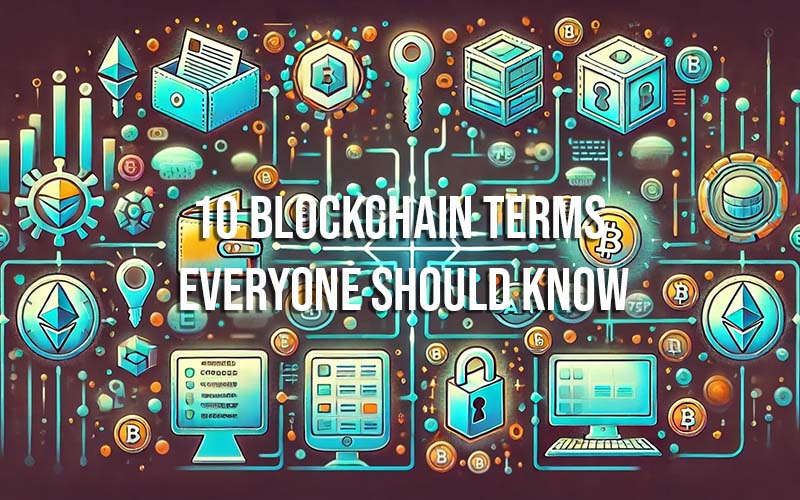Why Blockchain Matters Beyond Cryptocurrency
Mon, 31 Mar 2025

Follow the stories of academics and their research expeditions

When most people hear the word “blockchain,” they immediately think of Bitcoin or some other cryptocurrency. And while it’s true that blockchain was born to power digital currencies, its potential goes way beyond that.
In fact, blockchain is quietly transforming industries around the world—even in places where you’d least expect it.
So, why does blockchain matter beyond crypto? Let’s break it down in plain English.
Blockchain Is More Than Money
At its core, blockchain is a technology for recording and securing information. It’s like a digital ledger that isn’t controlled by a single entity. Instead, it’s decentralized and immutable—meaning the data can’t be altered or erased once it’s added.
That’s what makes it perfect for so much more than cryptocurrencies.
Real-World Applications of Blockchain
Here are some of the most exciting ways blockchain is making an impact outside of the crypto market:
1. Supply Chain Transparency
Blockchain helps businesses track products from origin to destination. Whether it’s coffee beans, diamonds, or medical equipment, every step in the supply chain can be recorded on the blockchain. This makes it easier to verify product authenticity, avoid fraud, and ensure ethical sourcing.
Example: Walmart and IBM have partnered to use blockchain for food traceability, reducing the time it takes to track food from days to seconds.
2. Digital Identity Verification
Forget about carrying around multiple IDs and worrying about identity theft. Blockchain can help create self-sovereign digital identities, meaning you control your personal data and can share it securely when needed.
This is a game-changer for online security, voting systems, and even refugee identification.
3. Healthcare Data Management
In healthcare, data privacy and accuracy are critical. Blockchain can securely store patient records and give individuals control over who can access their data. It can also help prevent prescription fraud and ensure that medical information is accurate and tamper-proof.
Example: Projects like MediLedger are exploring blockchain for pharmaceutical supply chains and patient data management.
4. Real Estate and Land Registries
Paper-based land records are vulnerable to tampering, loss, and corruption. Blockchain can digitize these records, making them transparent, secure, and easily transferable.
Some countries, like Sweden and Georgia, have already started testing blockchain-based land registry systems to simplify property transactions and reduce fraud.
5. Intellectual Property & Copyright Protection
Blockchain allows artists, writers, musicians, and creators to prove ownership of their work. By recording intellectual property rights on a blockchain, it becomes easier to verify originality and prevent unauthorized use or plagiarism.
This idea has also fueled the rise of NFTs (Non-Fungible Tokens), but even outside of NFTs, it’s a practical tool for digital rights management.
Mon, 31 Mar 2025

Tue, 25 Mar 2025

Tue, 25 Mar 2025

Leave a comment